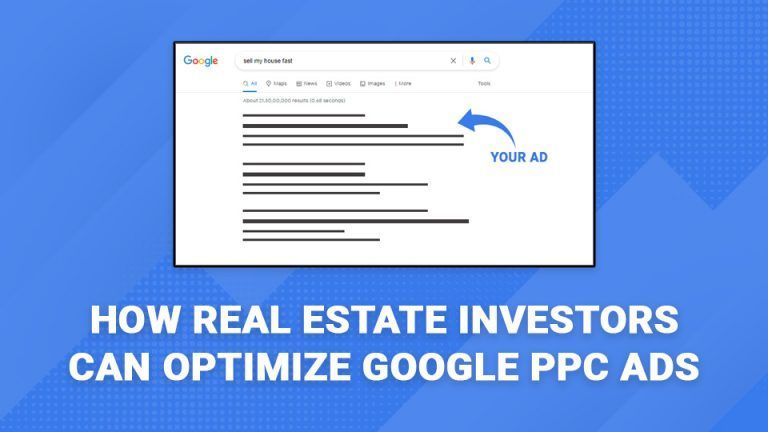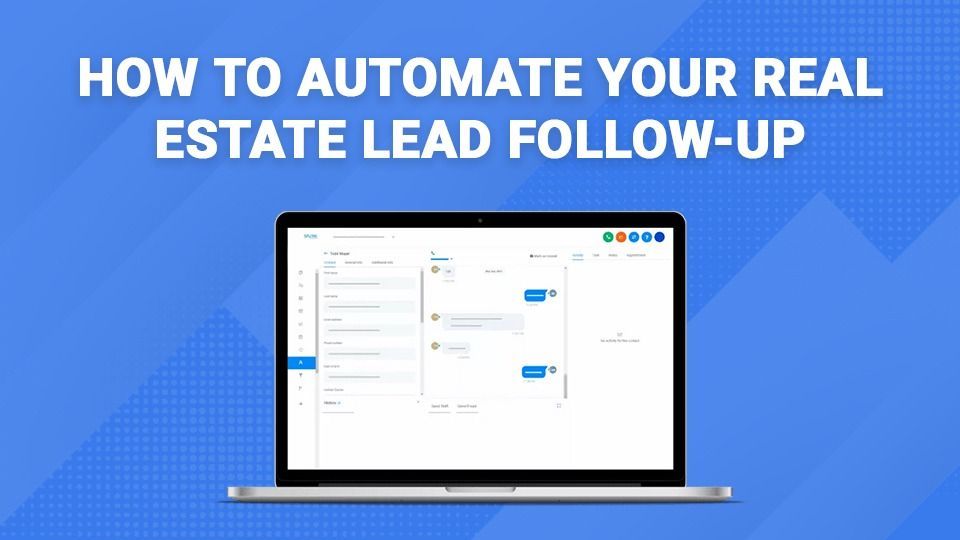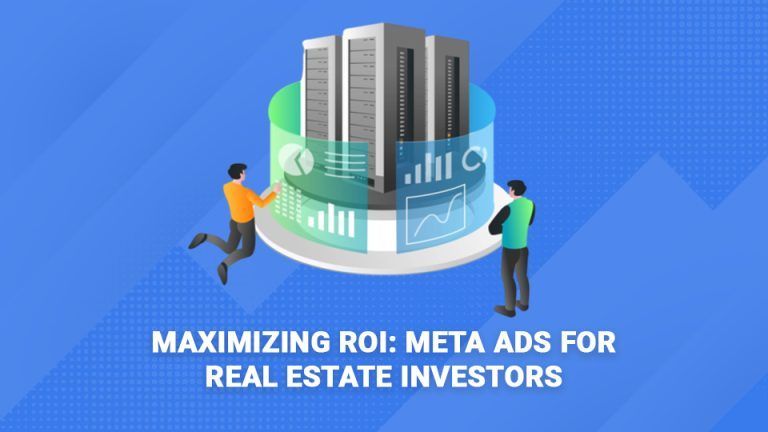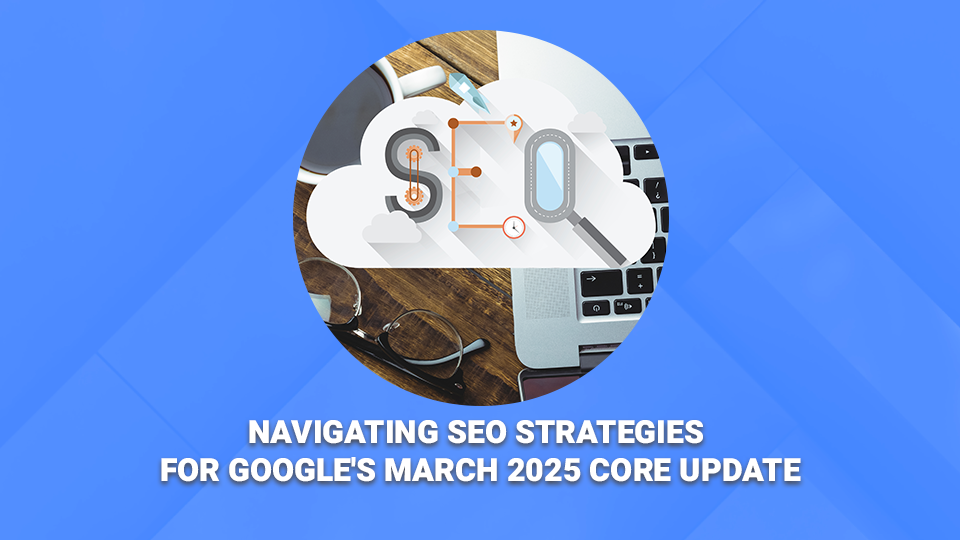
How Real Estate Investors Can Optimize Google PPC Ads
Most real estate investors will tell you that their online marketing campaigns live and die with paid ads. While Facebook ads and organic leads are also major players in digital marketing strategies, the core element in online advertising is Google Paid Ads. Also known as Google AdSense, AdWords, or just Ads, PPC takes up a sizable portion of marketing dollars due to its ability to create more REI visibility across more platforms - primarily Google’s search engine.
With so much riding on Google PPC, it’s important to develop a long-term strategy that puts you at the forefront of your market while converting more leads into lucrative real estate deals. Below, we cover some specific ways to optimize your Google PPC marketing campaigns. If you have any further questions, feel free to contact the Freedom Leads team. We are here to help you launch your Google ads campaign.
What is Google Ad Campaign Management
Before you develop a successful Google Ads campaign, you need to understand ad campaign management. The best way to manage your Google ad campaigns is using the Google Ads Manager. Setting up a Google Ads Manager account is simple and can quickly change how you run your paid ads. With Google Ads manager, you can:
- Manage all your ads in one place
- Access campaigns across different accounts
- Control who has access to different accounts
- Quickly monitor and compare performance across separate accounts
- Consolidate billing to understand your costs better
If your business needs to access many different Google Ad accounts, then a manager account might save you a ton of time and allow you to work efficiently.
10 Ways to Optimize Your Google PPC Ads?
1. Establish Your Purpose and End-Game
Google Ads can be expensive - Your budget can range from $1,000 to $3,000 per month. So, before you launch your first campaign, you need to establish a purpose for using Google PPC and what you expect to achieve. You need to create tangible goals with measurable benchmarks to track your progress.
2. Know Your Target Audience
Not every real estate investor is going after the same motivated sellers. If you are an established investor, you know your niche and what areas of real estate you are most passionate about. You also know what is achievable in your market. Therefore, target ads toward your desired audience.
3. Conduct a Comprehensive Keyword Analysis
The core of any PPC campaign is keywords. Performing a keyword analysis gives you an in-depth understanding of what terms sellers in your area use when selling their houses. You can use plenty of tools to perform an analysis, such as Google Keyword Planner, SEMRush, SEO Surfer, or Term Explorer.
4. Write Attention-Grabbing Ad Copy
Your Google ads should grab and keep your viewer’s attention. It should motivate them to take action (i.e., click on a link to your website). Your ad copy should also stand out among the myriad of competitors. The ad should include the benefits of clicking the link, ad extensions, value proposition, and call to action (see below). Do whatever it takes to drive more traffic to your site.
5. Add a Call to Action
To put it bluntly, a Google Ad without a call to action is a complete waste of time, money, and energy. In addition to telling people what you have to offer, you need to tell them how to get it. A call to action invites the reader to click on a link, pick up the phone, send a message, or do some other action. The call to action should be clear and concise.
6. Create High-Conversion Landing Pages
A landing page is a webpage that exists apart from your main website. It is designed to convince readers to do one specific action. Because it receives highly targeted traffic, conversion rates are usually higher than what you expect from a regular webpage on your website. Landing pages target a specific stream of traffic that is drawn from a single offer or lead magnet.
7. Use Geo-Targeting
Geo-targeting delivers content or advertisements to consumers based on their locations. In paid search campaigns, geo-targeting is used for advertising to local prospects. Google Ads geo-targeting allows you to specify a location, or a set of locations, as the only area(s) in which you want your ads to show. Geo-targeting helps you find qualified leads while weeding out the leads in areas you don’t do business.
8. Monitor, Test, Analyze, and Tweak
One of the best things about Google Ads is that you can tweak your campaign as you go without having to start over. There are several ways that you can assess your ad’s performance. For instance, you can test different ad positions in search engine results pages. You can also test different ad copy and landing pages. Plus, you can evaluate your Google Ads Quality Score for relevant and original content, transparency, and navigability
9. Remove Underperforming Content
One of the best strategies for highlighting quality content is to remove content that isn’t quality. You may have keywords, landing pages, social media posts, or website pages that are either not performing well or negatively impacting your overall campaign. If so, you should remove non-performing landing pages and ads with a low click-through rate (CTR) or pause keywords with a bad Quality Score.
10. Allocate More Dollars to Top Performing Keywords
One of the quickest ways to increase your lead flow on a campaign already pulling some leads is to increase your daily ad spend. Now that your Quality Score is optimal and you have removed non-performing keywords and landing pages, it is time to allocate more of your budget to top-performing keywords. Find the ads and keywords that are performing well and increase the budget on those keywords.
Contact Freedom Leads for Automated Lead Follow-Up Solutions
Freedom Leads can help you get more qualified leads through Spark, our fully customizable lead generation tool. Learn more about how we can help you implement the Motivated Seller Prospects Marketing Program in your area.
To check the availability of your market, fill out our application form or contact us at 734-292-8587, and we will walk you through the process. We work with a limited number of real estate investors per market, so claim my market today.










